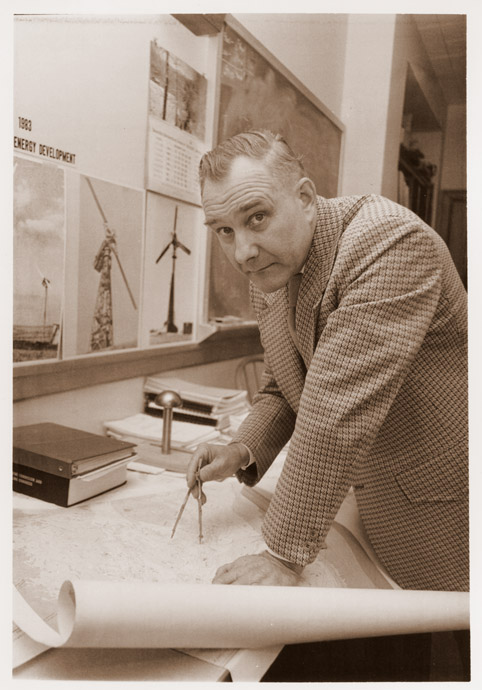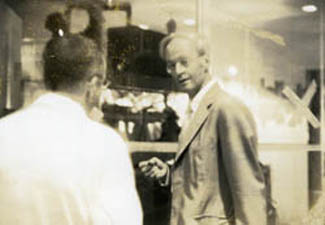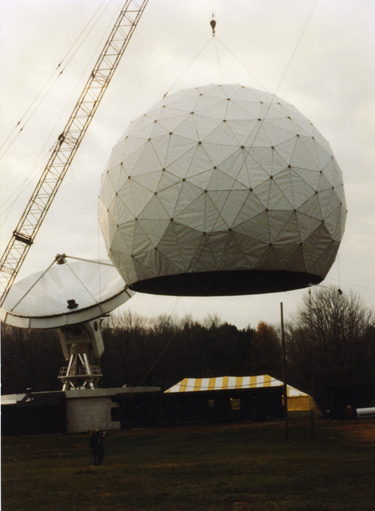Fred M. Hayward Papers
A specialist in higher education and comparative politics in the developing world, Fred Hayward earned a doctorate in Politics at Princeton in 1968 for his research on political organizations in West Africa. Following a 24 year career at the University of Wisconsin (1967-1991), where he became Dean of International Studies and Programs, Hayward has worked as a Senior Associate to the American Council on Education, a consultant to the World Bank, and since 2009, as a Senior Higher Education Consultant with UMass Amherst. Having worked in fifteen countries with ministries, universities, and NGOs, his scholarship runs the gamut from African politics to higher education in Afghanistan.
The papers document some of Fred Hayward’s activities, centered in Africa and Afghanistan. The bulk of the collection stems from his work in Sierra Leone during the 1960s through 1980s, in Ethiopia (2003), and it includes noteworthy material on a World Bank-funded project to support strategic planning for six Afghan Universities as well as a feasibility study on private section involvement in Afghan higher education.



 View
View 
